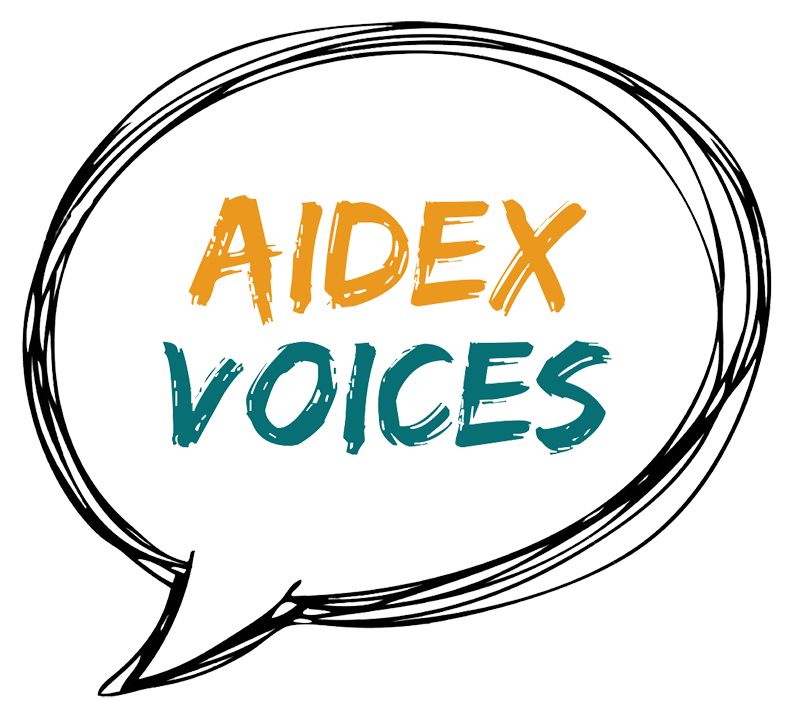
On February 24, AidEx staged its webinar -The Silent Crisis: The mental health pandemic amongst aid workers. Hundreds of professionals in the aid sector watched this and joined in a discussion that looked deep into the state of mental health amongst the community’s workers.
In essence; the webinar explored the main causes of burnout within aid organisations and what factors have led to this becoming a ‘silent crisis’. The panellists then discussed how employers are currently getting things wrong with mental health interventions and how employers can develop more effective interventions, despite the resource limitations commonly associated with humanitarian work. The webinar concluded with a question and answer session where the audience was able to put questions to the panellists.
Speakers who took part in this very important webinar were: Dr. David Barkwill, UK NHS Doctor and Lead in a key piece of research on ‘The perceptions and experiences of psychological stress in aid workers after six months post-deployment;’ also Dr. Gemma Houldey, Independent Advisor and Facilitator on Wellbeing in the Aid Sector; Dr. Liza Jachens, Psychology Research Associate & Lecturer, Webster University; Kathy James, Balkans Coordinator, Medical Volunteers International; Soufia Galand, Gender Mainstream Coordinator and Aid Worker and Asmaa AbuMezied, Economic Development Expert, Gender Expert and Aid Worker.
If you would like to see the webinar you can watch it on-demand here.
Urgent Change Is Needed
The panel came up with realistic action points to inspire meaningful change within aid organisations and NGOs to reduce staff mental health disorders and protect aid workers.
Discussion points and solutions from the webinar panellists and live audience were collected and drafted into a ‘letter of recommendation' to be presented to the leading aid agencies.
The letter mentions 10 commitments that participants in the AidEx webinar believe will turn the tide on the mental health pandemic amongst aid workers. “This will not only create a safer and more positive environment for staff, but ultimately result in better staff retention and improved quality of care to target populations,” says Dr. Barkwill.
The 10 commitments included: mandatory leave and protected rest-time built into contracts of all staff, debriefing sessions and counselling from therapists with expertise in the humanitarian sphere, training for all senior staff in effective leadership skills to promote a positive and safe culture, education in the common signs of stress as well as positive and negative coping strategies and a culture of care that encourages individuals to speak up about their mental health, embraces individuals' vulnerabilities and proactively aims to remove the stigma around discussing mental health.
“Participants in this AidEx webinar believe committing to the points in their letter is essential in tackling the mental health pandemic amongst aid-workers,” says Nicholas Rutherford, Event Director for AidEx and Development2030. “There are many experts among this group who can support organisations in implementing these recommendations, and as a leading platform in the aid and development community, we would also be happy to facilitate further help and discussion.
Review the letter in full here
To lend your support to this campaign contact: Dr. David Barkwill at
AidEx and Development2030 will take place in Brussels on November 16-17, more information is available at www.aid-expo.com



























